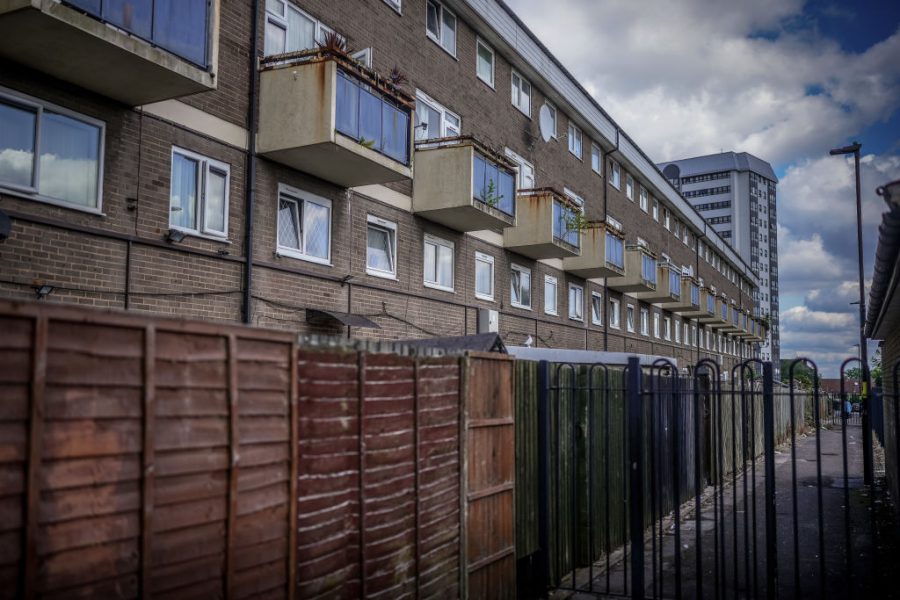This afternoon’s spending review mostly consisted of rehashed announcements, and in fact Tory plans that had been quickly rebadged. But there was one commitment that stuck out. The Chancellor Rachel Reeves is planning to spend £39 billion – serious money even by the standards of an organisation as extravagant as the British state – on ‘affordable’ and ‘social’ housing. Following her announcement, the scaffolding will almost certainly be going up in Blackpool, the spades will be turning over the ground in Preston, and the cement mixers will be churning in Swindon. But there’s just one problem: the UK doesn’t need more ‘affordable homes’ – it just needs more places for people to live.
According to the Treasury, it will be the ‘biggest boost to social and affordable housing investment in a generation’. The £39 billion set aside by the Chancellor will be spent by local authorities. Admittedly, when you work out that it is spread out over ten years, instead of just one, and when you also work out that £3.9 billion a year is only the equivalent of 13,400 homes at the current average house price in the UK, it is not quite so impressive.
Just let private companies build the homes their customers are willing to pay for
But even so, by recent standards the government is at least putting more cash into building. Local authorities will be able to start, to use one of the government’s favourite cliches, ‘to ‘putting shovels into the ground’.
All Reeves is doing, however, is creating what will very soon turn into a nationalised building corporation. Eventually, it will probably be renamed Great British Homes, and will take its place alongside the newly created Great British Railways and Great British Energy. And yet, that is the last thing the UK needs right now. We know from long experience that the least efficient way – by a very wide margin – of delivering any product or service is to get the state to do it.
In fact, what the UK needs is a more liberalised, free market in building. It needs fewer restrictions, a smaller green belt around London and other major cities, a loosening of environmental restrictions, curbs on judicial reviews of planning decisions, and the removal of targets and controls on prices. Just let private companies build the homes their customers are willing to pay for wherever they might want them.
After all, there is plenty of pent-up demand, and there is no shortage of finance available if firms are allowed to build. And best of all, just by building more houses, they will also, of course, become more ‘affordable’ (because, er, that is how supply and demand works: when supply increases the price goes down).
The UK already has one of the most dysfunctional housing markets in the world. Reeves’s only solution is to throw billions of pounds of extra state planning at it – and we can hardly be surprised if that doesn’t work.






Comments